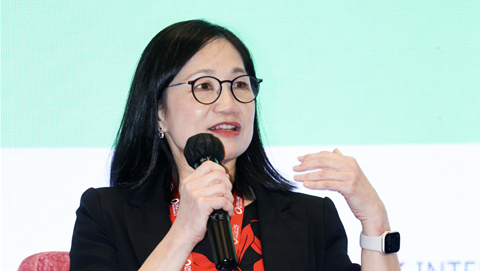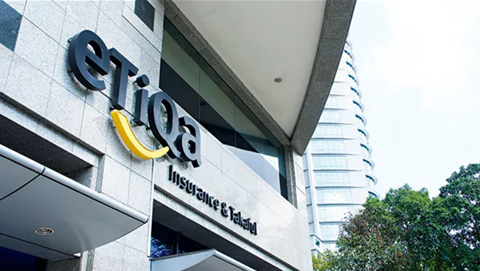Singapore has unveiled plans to pilot use of wholesale central bank digital currencies (CBDC) with local banks in a live setting in 2024.
“We will take our experiments a step further next year,” said Ravi Menon, managing director of the Monetary Authority of Singapore (MAS) at Singapore FinTech Festival 2023.
“I am pleased to announce that MAS will pilot the "live" issuance of wholesale CBDCs to instantaneously support payments across commercial banks ,” Menon said.
Wholesale CBDCs are issued by a central bank to financial institutions for the settlement of inter bank transactions.
Since 2016, MAS has conducted many experiments with other central banks and the financial industry to explore the use of wholesale CBDCs on distributed ledgers to facilitate real-time cross-border payments and settlements.
"It had only simulated the issuance of wholesale CBDCs within test environments," Menon said.
The first pilot now will involve the use of “live” wholesale CBDC to settle retail payments between commercial banks and for the settlement of cross-border securities trade in future, MAS said.
Banks will issue tokenised bank liabilities in the form of claims in balance sheets. Retail customers can then use these tokenised bank liabilities in transactions with merchants, who can in turn credit these liabilities with their respective banks.
Outstanding interbank obligations arising from these transactions will be settled via an automatic transfer of wholesale CBDCs.
Menon said, "clearing and settlement thus occurs in a single step on the same infrastructure, unlike the current system in which clearing and settlement take place on different systems and settlement occurs with a lag."
Tech infrastructure development
The announcement from Singapore's central bank is a part of the Orchid Blueprint, which details the plans to set out the technology infrastructure required to facilitate digital money transactions in the future.
MAS will develop a settlement ledger to record digital money transfers, with supporting features such as programmability and atomic settlement of digital tokens.
A tokenisation bridge will also be set up to connect existing account-based settlement systems with ledgers.
Further, the blueprint has detailed plans for a "Name Service" to translate between wallet addresses and alternative "readable" name identifiers.
MAS also intends to build a common protocol to use Purpose Bound Money (PBM).
To test the broad applicability of PBM and digital money, Menon said the central bank will undertake "four new trials" with industry players to examine relevant infrastructure components and commercial models.
For instance, OCBC and UOB are exploring the feasibility of enabling tokens issued by one bank to be accepted for retail payments by another.
Ant International, Fazz and Grab will be launching a pilot that uses the PBM concept to facilitate payments by Alipay users to GrabPay merchants, ensuring wallet interoperability.









